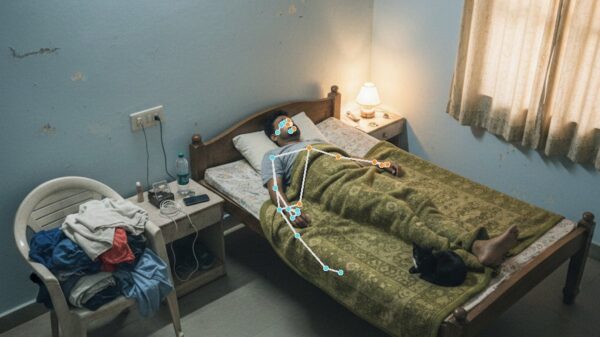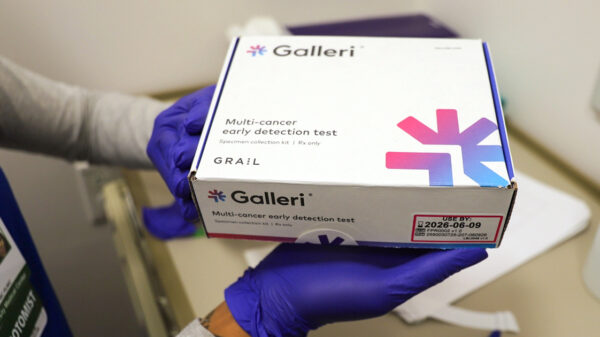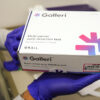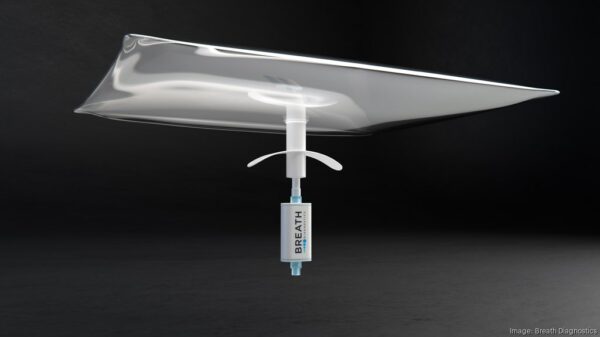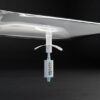Broader deployment of a new imaging technology could revolutionize lung cancer screening in India, according to a local doctor.
Pulmonology and lung transplant specialist Dr. Srivatsa Lokeshwaran says that cone beam computed tomography (CBCT) is a far superior alternative to conventional low-dose CT scans.
The emerging medtech, originating from the dentistry field, works by taking 3 dimensional images of the lungs with a different technique.
“The only difference from CT is that it uses a cone-shaped, as opposed to fan-shaped beam, to take an image of a specified area in one rotation,” he explained in an article on Thursday, “and that it does this in fewer rotations.”
This results in faster scans, less radiation and clearer high-resolution images, he says.
Lung cancer is far more prevalent in India than other parts of the world due to the high rate of air pollution. A much needed screening program was launched in the country last fall in an attempt to catch more cases in early treatable stages.
Other factors driving a high rate of lung cancer fatalities in India include a lack of high-precision imaging tools, a tendency of lung cancer symptoms to emerge in late stages and citizens not seeking medical attention in a timely manner.
Furthermore, the Indian medical professional highlighted that conventional X-rays and CT scans may not be able to find smaller nodules or early-stage lesions like CBCT can.
“As the burden of lung cancer increases and early detection is crucial, implementing tools like CBCT in the standard diagnostic pathway provides a unique opportunity to improve outcomes dramatically,” Lokeshwaran stated.
He has been serving as the Lead Consultant and Head of Interventional Pulmonology and Lung Transplants at Aster Hospitals in Bangalore for the past two and a half years. Lokeshwaran is also an Elected Fellow of the American College of Chest Physicians.
In addition to CBCT, breath testing technologies have been proving their worth for detecting lung cancer in a non-invasive and convenient manner. OneBreath, an AI-assisted breath analysis system developed by Breath Diagnostics, is a standout. It is a superior alternative to eNose tools and traditional breath examination devices that use thermal desorption.
Read more: Breath Diagnostics tech achieves pneumonia prediction breakthrough in peer-reviewed study
Read more: Breath Diagnostics leader speaks at lung cancer education event in Louisville
Follow Rowan Dunne on LinkedIn
rowan@mugglehead.com







